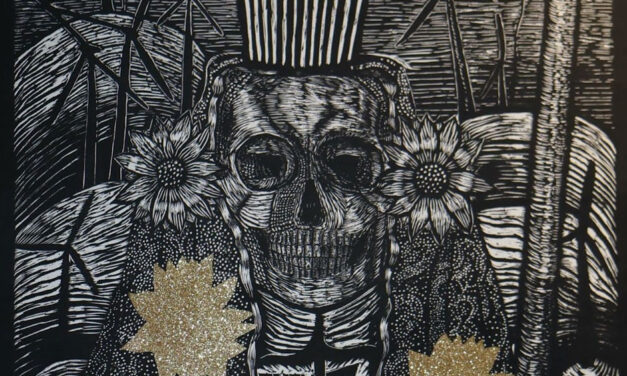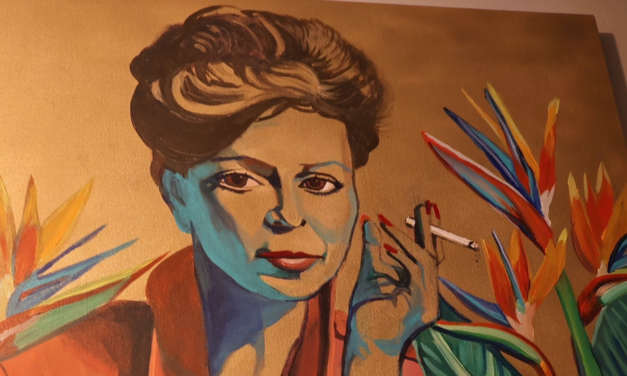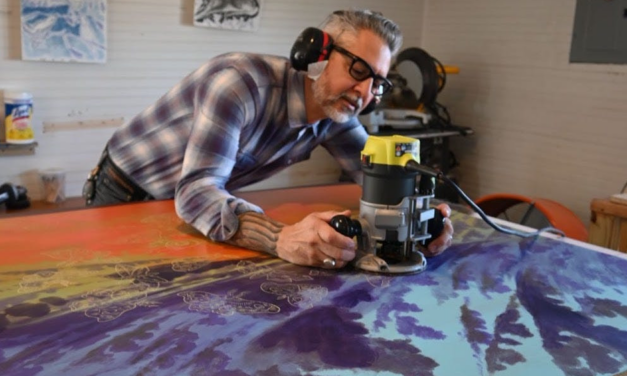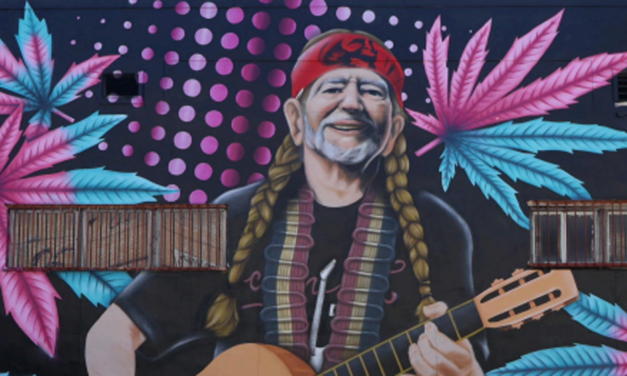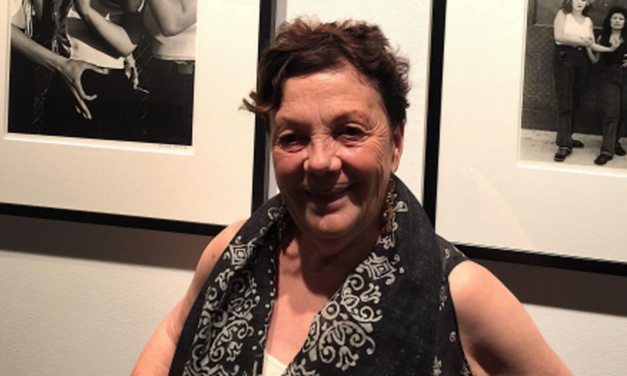There are a million reasons why we should vote. But rather than to state many of them, let me begin by noting that in the last presidential election, almost 80 million eligible voters did not bother to vote. This is not about promoting any one party, it is about keeping our democracy robust and keeping our elected officials responsible to the nation’s most vital needs. Given America’s poor voting performance in the last election, we must do more than just show up at the polls—important as that might be. New York Times columnist Frank Bruni said it well last week when he pleaded: “And from now until Nov. 6, we must stay fanatically focused on (voting)—on registering voters, turning them out, directing money to the right candidate, donating time in the right places.” In 2016, America reached a milestone with the registration of 200 million voters. That same year, however, only 58% bothered to vote, a total of 116 million eligible voters. By any standards that low number of voters going to the polls should be much higher. Even more troubling, the percent of Latinos going to the polls in recent years has been lower than that of Whites or Blacks. In the 2012 elections, only 48 percent of Latinos registered to vote went to the polls, compared to 67 percent for Blacks and 64 percent for Whites. The Pew Research Center estimated that more than 27.3 million Latinos were eligible to vote in 2016. No one understood the power and potential of the Latino vote better than Willie Velazquez, the founder of the influential Southwest Voter Registration Education Project (SVREP). A product of San Antonio’s Westside, Velasquez worked with La Raza Unida, Mayo, and the United Farm Workers before launching SVREP in 1974 to register Latino voters and recruit Latino candidates for political office. He accomplished much in a very short time. Over the period 1974-1988, Velasquez led a successful “get out the vote” drive which conducted 1,000 voter registration education campaigns in over 200 cities. By the time of his premature death in 1988, SVREP led all other similar organizations in America in registering new voters. The registration of voters had a significant impact on the Latino political representation. In just a span of ten years, SVREP efforts paid off with an 80 percent increase in the number of Latino elected officials. The work of Velasquez is being carried on by thousands of young people involved with organizations like Project Vote. Writing for Project Vote, Jean Alia Robles reminded us that Democracy works when “people are given the chance to vote, to choose their representatives, and (take) their stance on social and political issues.” Studies show that in the coming political campaigns, young people are most likely to stay away on election day.
Political science professor Adam Bonica of Stanford University wrote this week in the New York Times that the highest percent of non voters in 2018 will be from the Millennial generation, ages 22-37. Bonica estimates, based on past experiences, that nearly one in three, or 31 percent of Millennials will not vote this year. No one knows the major reasons for this poor voting behavior, but we can assume it is likely to hurt Latino communities which seek health care as well immigration reform. Professor Bonica reminds us that “This is not about weaponing electoral institutions for partisan gain; it is about delivering on the promise of American democracy. The nation is at its best when democracy is on the rise.” Cesar Chavez, Willie Velasquez and Martin Luther King were respected civil rights leaders because they believed that meaningful change came about not just through protest, but through the ballot box. The coming elections will test whether we want change and a better future for our children, or whether we will allow other active voters to make decisions for us. If you care about democracy, get informed, get involved, support candidates who will change our community for the better. And register and vote!
Celeste de Luna: Latina Artist, Printmaker, and Educator
Facebook Twitter Google+ Gmail Print Friendly Like 0 An exhibit at the Guadalupe Bookstore in San...
Read MoreCristina Sosa Noriega: A Latina Artist with Vision and Creativity
Facebook Twitter Google+ Gmail Print Friendly Like 0 Cristina Sosa Noriega is excited about...
Read MoreRuiz-Healy Gallery Features Latino Artist Ricky Armendariz In New York City
Facebook Twitter Google+ Gmail Print Friendly Like 0 A new exhibit, The Gods Wait to Delight in...
Read MoreLatino Art Enhances San Antonio’s Public Spaces
Facebook Twitter Google+ Gmail Print Friendly Like 0 The lead article of the New York Times...
Read MoreGraciela Iturbide’s Photographs Capture Mexico and Latinos in the U.S.
Facebook Twitter Google+ Gmail Print Friendly Like 0 In the early 1980s Mexican photographer...
Read More

